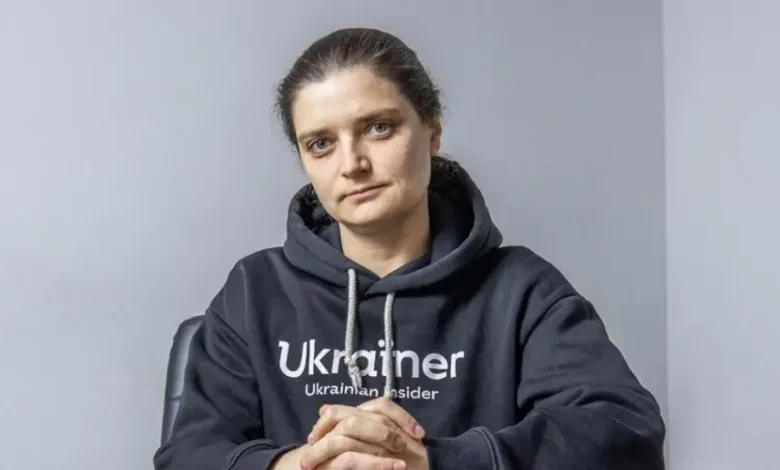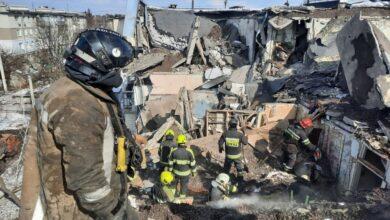Heroism is the result of the mistakes of those who make decisions behind the scenes: Maria Berlinska on personal responsibility for the lives of fighters

In conditions of full-scale war, heroism often becomes not a conscious choice, but a forced response to system miscalculations. Life on the front line turns into constant correction of other people’s mistakes. When the rear does not fulfill its function, the front is forced to pay for it with blood. The military, volunteers and experts in defense planning are increasingly talking about the need for a radical review of the principles of responsibility in the field of defense. War veteran and volunteer Maria Berlinska, who systematically deals with the topics of the army, defense technologies and military rights, has repeatedly raised this issue publicly, emphasizing the direct connection between management decisions and those killed at the front.
Berlin believes, that the modern heroism of the Ukrainian military is often a direct consequence of the mistakes of those who made decisions in the rear. She emphasizes: many of the fighters cover holes with their bodies that could have been prevented if those responsible for organizing the defense had done their work on time. During the war, people who realize that their actions are not a theory or an abstract administrative responsibility, but a matter of life and death of others, should be appointed to critical management positions. These people must be ready to bear responsibility with their own lives, not thousands of others.
Berlinska notes that if the infantry is forced to manually dig for shelter under shelling, this indicates systemic negligence in the rear. Today it has become the leading edge, until recently it was the deep rear, and it could be prepared — to organize engineering facilities, evacuation routes, logistics, support. And if this was not done, it is worth finding out who exactly was supposed to ensure it, which links made the decisions and who allowed the gaps to appear.
According to her estimates, these are usually several individuals who operated at different levels — from local commanders to high offices. Such people should not simply keep positions or limit themselves to formal reprimands. Instead of demonstrative criminal cases, which do not change anything in the system, Berlinska recommends making symbolic and morally significant decisions: dismissing them from their positions, depriving them of their ranks, and directing such officials to dig dugouts in the same area where the fighters died. Do this not as an act of revenge, but as a lesson to others.
The volunteer emphasizes that such actions, however harsh, become a signal for those who remain in the system: responsibility is not an abstraction, but a practice. If three or four officials bear the real consequences of their miscalculations, perhaps in the future it will save the lives of tens of thousands of infantrymen.
In the context of technological backwardness, Berlinska repeatedly emphasized the need for a systematic approach to military development and procurement. Modernization of defense capabilities is not only a technical issue, but also a political and ethical one. Everything related to war must be transparent, accountable, and tested on the battlefield. That is why she talks about the concept of “military democracy” – when military decisions are made by people who have proven their ability to be responsible for them in practice, and not just served terms in cabinets.
Berlinska, along with the security experts she works with, notes that one of the main mistakes of the current model is the gap between political or administrative decision-making centers and actual combat experience. She emphasizes: only those who understand the real cost of each delay, each disorganized frontier, each lost position should be given the right to make decisions at the level of defense policy.
Berlinska also points to the need not just to punish those guilty of miscalculations, but to structurally transform the decision-making system itself. Without this, she believes, there will be no chance of victory or saving the lives of those on the front lines.





